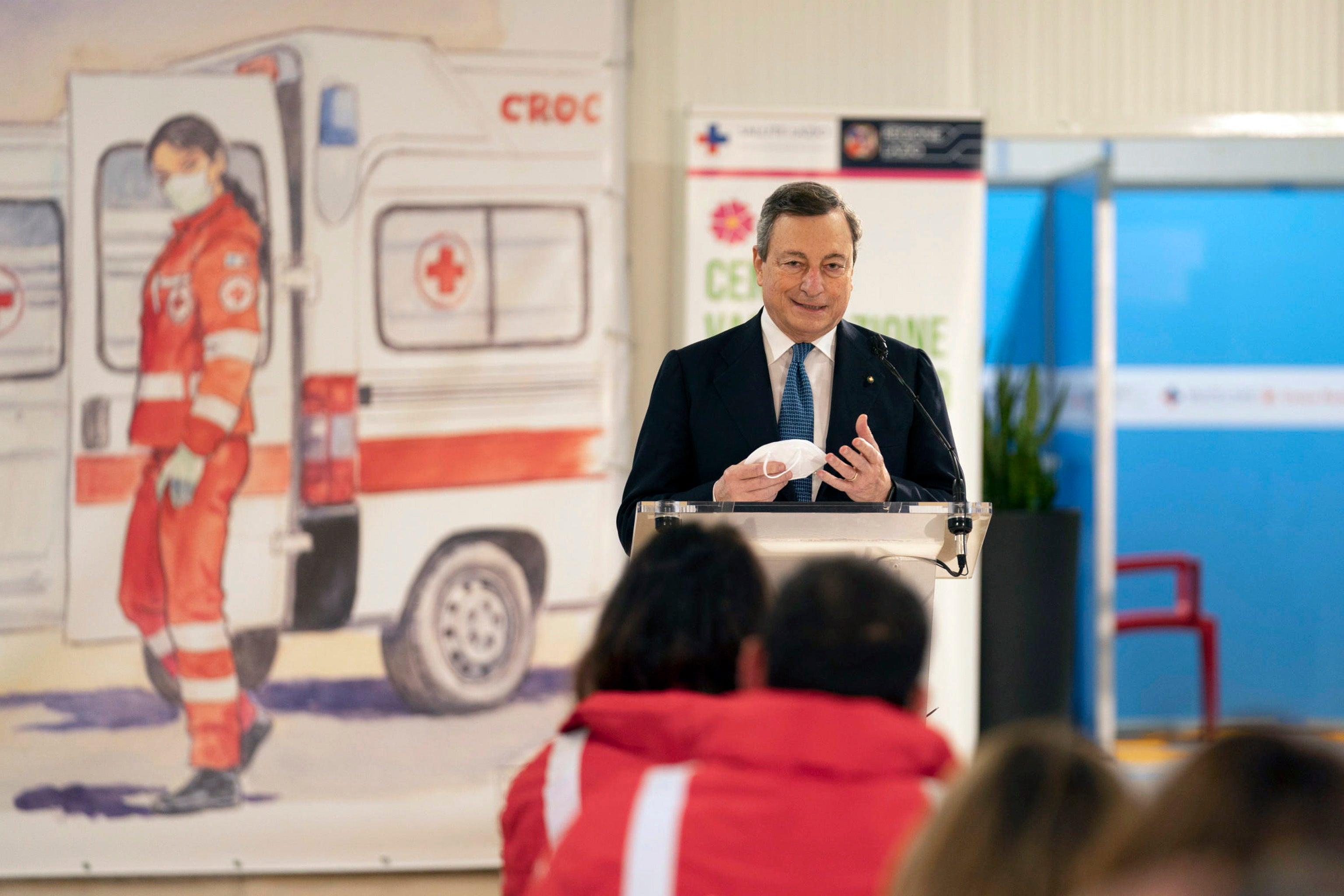Italy tightens Covid restrictions amid ‘new wave’
Second-worst affected European country after UK

Your support helps us to tell the story
From reproductive rights to climate change to Big Tech, The Independent is on the ground when the story is developing. Whether it's investigating the financials of Elon Musk's pro-Trump PAC or producing our latest documentary, 'The A Word', which shines a light on the American women fighting for reproductive rights, we know how important it is to parse out the facts from the messaging.
At such a critical moment in US history, we need reporters on the ground. Your donation allows us to keep sending journalists to speak to both sides of the story.
The Independent is trusted by Americans across the entire political spectrum. And unlike many other quality news outlets, we choose not to lock Americans out of our reporting and analysis with paywalls. We believe quality journalism should be available to everyone, paid for by those who can afford it.
Your support makes all the difference.A “new wave” of Covid-19 cases has led to the decision to close shops, restaurants and schools across Italy from 15 March.
The country has recorded more than 150,000 cases in the past seven days, with 26,824 Covid-19 infections and 380 deaths on Friday alone.
The office of the prime minister, Mario Draghi, said that in addition to Monday’s closures the entire country would be categorised as a high risk “red zone” over the Easter weekend, leading to a total shutdown.
Residents will be required to stay home except for work, health or other essential reasons.
Mr Draghi’s office has also signed a decree that will label areas with more than 250 weekly cases per 100,000 residents as a “red zone”.
Within these areas, masks must be worn outside the homes, restaurants must be closed but can serve takeaway food (with restrictions), online essential retail is permitted to be open, and only essential travel is allowed.
“I’m aware that [the] restrictions will have consequences on the education of your children, on the economy and on everyone’s mental health," Mr Draghi said as he visited a Covid-19 vaccination centre.
“But they’re necessary to avoid a worsening of the situation that would require even stricter measures.
“Unfortunately, one year after the start of the emergency, there is a new wave of contagion.”
In the last week there have been more than 150,000 infections, compared to 131,000 the previous week, an increase of almost 5,000 people in hospital and 600 in intensive care.
“These figures mean we must adopt the utmost caution to limit the number of deaths and stop health facilities being saturated,” Mr Draghi said.
Sardinia, a large island off the west coast of Italy, is the only region of Italy with low infection rates, classified as a “white zone”, with less than 50 cases per 100,000 of the population.
Italy has recorded nearly 3.2 million cases of coronavirus since the outbreak began last year, with more than 100,000 deaths.
It is the second-worst affected European country after the UK.
Vaccination delays across the European Union have meant that Italy has had to cope with a slow rate of inoculation, but Mr Draghi is pledging to triple the number of daily vaccinations administered throughout the country as coronavirus cases rise.



Join our commenting forum
Join thought-provoking conversations, follow other Independent readers and see their replies
Comments